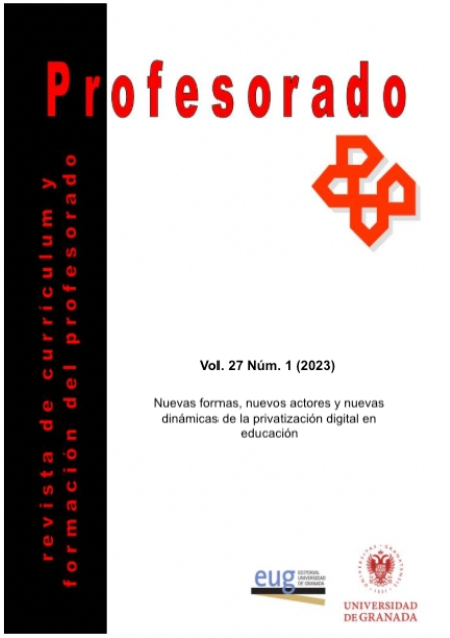Percepciones del alumnado universitario sobre gamificación, diseño y validación de un instrumento
DOI:
https://doi.org/10.30827/profesorado.v27i1.21198Abstract
Gamification is a methodology linked to active learning. Due to its impact in recent years in higher education, we believe it is necessary to analyse university students' perception of these methodologies. The aim of this work is the design and validation of an instrument that meets this need. A Likert scale questionnaire has been constructed in which different categories related to the teaching and learning process are addressed. The design and validation process has been as follows: first phase of validation by experts from different areas and universities; second phase of pilot test with 160 students to which an exploratory factor analysis was carried out, the results of which generated a process of adaptation and improvement of the construct with a third version after the analysis; third phase with a new exploratory factor analysis in a sample of 416 students. The results have made it possible to validate the questionnaire construct in terms of internal consistency and interrelation of its items and the detection of factors that mainly measure the degree of acceptance of the insertion of playful methodologies and the opinions of the students as opposed to elements of the traditional teaching model. The fourth phase was the application of a Confirmatory Factor Analysis (CFA) to the most relevant categories, generating an instrument that is adapted to a theoretical model. The conclusions indicate that there is an inclination on the part of students to introduce playful strategies to complement more traditional elements in teaching.



















